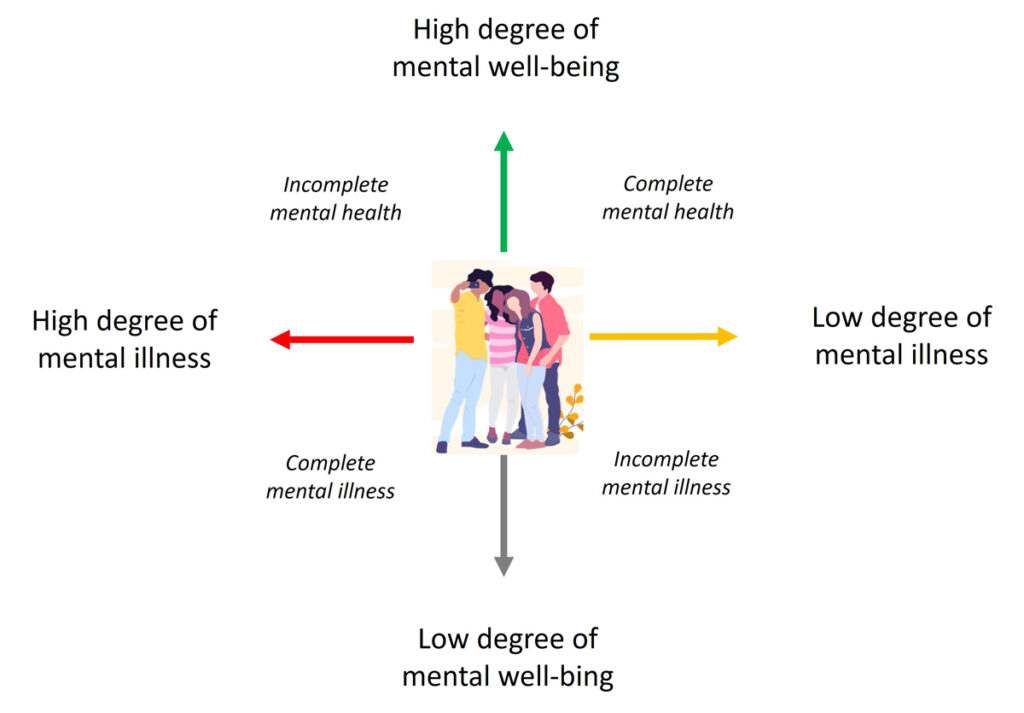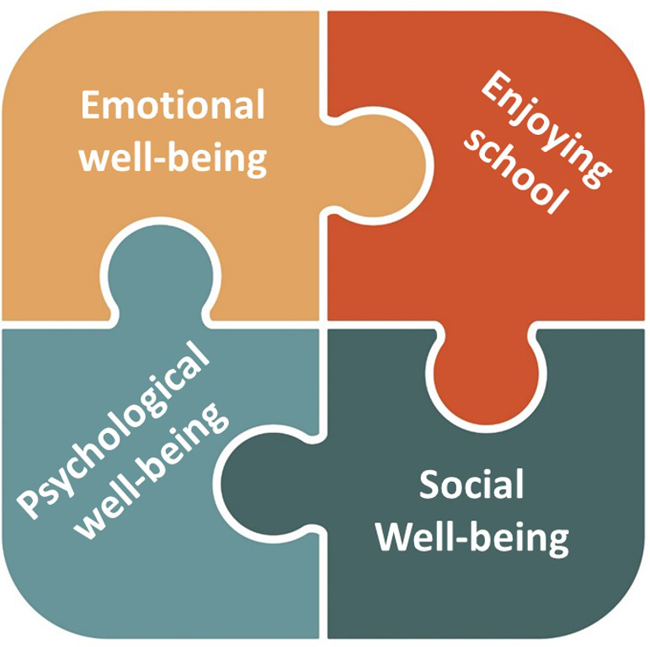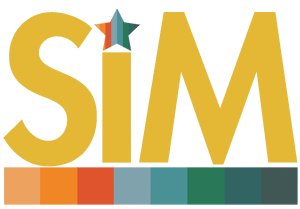On this page:
What is SIM?
SIM – Solution-focused Intervention for Mental health is a new program designed to strengthen mental health among students in upper secondary school. The goal of SIM is to create an intervention tailored to young people in their late teens. It is a so-called universal intervention that targets all students and is designed to strengthen mental health, regardless of their initial situation. The method is not a treatment intervention for adolescents with mental ill health.
The program has been in development since 2018 and has so far been tested in three implementation studies in 2019, 2021, and 2023. The three studies aimed to develop the program and test on a small scale the feasibility of the program and whether the program is likely to have any effect on the mental well-being. In 2026–2027, a larger research study will be conducted on the program’s effect on mental health.
Why SIM?
Young people’s mental health is a major public health challenge today. Mental health encompasses both positive and negative dimensions – both mental well-being and mental ill health. This means that a person can experience varying degrees of both mental well-being and mental ill health at the same time, as shown in the image below.

In recent years, society has focused heavily on mental ill health. This is important, as many adolescents today are struggling with mental problems. However, in order to feel well, cope with everyday life, and achieve their goals and potential, mental well-being is a fundamental resource, which is more than just the absence of mental ill health. Strengthening well-being can also counteract mental ill health. It is therefore important that there are proven effective methods for promoting mental well-being, not least for young people.
With its compensatory role, school is a central and important arena for various health-promoting initiatives and for young people’s mental health. Likewise, young people’s mental health is important for schools and society because young people who feel good find it easier to learn and are therefore better equipped to cope with school.
Against this background, SIM has been developed to offer a school-based program to strengthen the mental well-being of students in upper secondary school.
How does SIM work?
SIM is a manual-based program delivered by specially trained teachers at the school. The program is carried out in existing mentor groups and consists of nine weekly coaching sessions. Students are coached in groups, in small resource teams, and individually to discover, explore, practice, and develop skills and functions that promote mental health.
The program covers four themes:
- Emotional well-being
- Psychological well-being
- Social well-being
- School satisfaction
The nine sessions revolve around these themes, where students receive information, knowledge, practical exercises, and tools to approach a desired future.

SIM is based on solution-focused coaching. This is a future-focused and goal-oriented method for expressing, motivating, achieving, and maintaining desired behavioral change. Solution-focused coaching focuses on strengths and solution behaviors rather than on shortcomings and what is wrong with the person. Over the past decade, this approach has been used by schoolteachers around the world as a mental health intervention among students.
Read more about SIM
- Solution-Focus – SIM Sweden
- Scientific article in describing the development and testing of SIM:
Fredrik Söderqvist, Lena Uvhagen, Johanna Gustafsson, Cynthia Franklin. The Solution-focused Intervention for Mental health (SIM): description and feasibility testing of a positive psychology intervention in Swedish adolescents, SSM – Mental Health, Volume 8, 2025,100493

